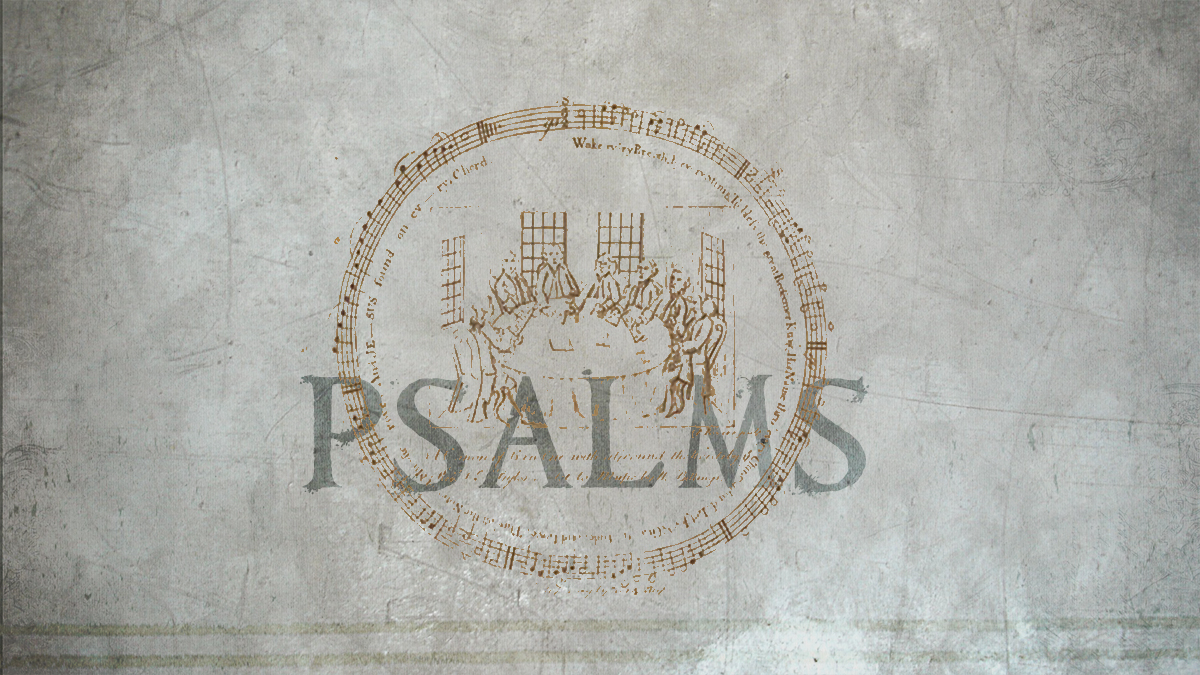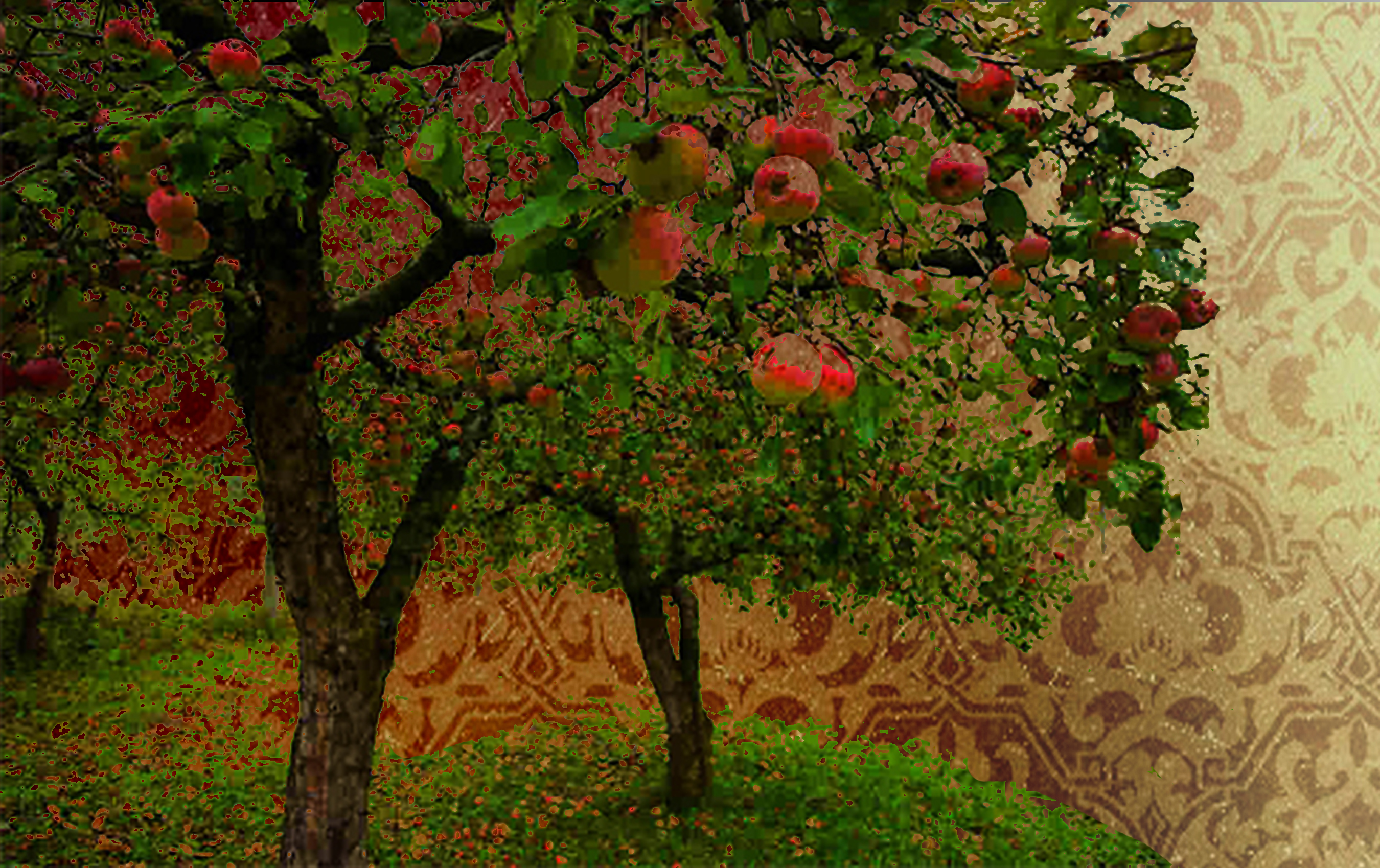
The Psalms form the largest corpus of one of the most unique genres within the biblical canon, namely, the genre of song and poetry. Evangelical Christians tend to neglect that genre for different reasons. In our post-Reformation, post-enlightenment Western way of thinking, most of us think that the more didactic sections of Scripture are more important because they are full of logical and propositional statements. Some think that poetry and song are somehow less manly. This is entirely an unorthodox view of song, worship, and masculinity.

When Jesus explained the nature of His atoning death on the cross to the Israelites of His day, He appealed to what is arguably the most fascinating of the redemptive symbols from the history of Israel's wilderness wandering--namely, the bronze serpent on the pole (Numbers 21:4-9; John 3:14). The bronze serpent is the clearest type of the saving work of Jesus at Calvary. Of all the types and shadows, there was not any that showed forth the principal work of the Savior better than this type. Jesus could have pointed to the passover, or to any of the sacrificial types that foreshadowed His atoning death, but He chose to point to this type in his discussion with Nicodemus.

Christians working hard (and it’s really hard work) to unite in love of the truth and of one another is the most compelling and persuasive argument to the world: “See how they love one another” (John 13:35).

I have been a member of, and served in, churches that have fallen off on both sides of the spectrum: On one hand, there is the church with no nursery, no children's church (or worship training) and even the infants are in public worship because (supposedly) that's "what the Bible says." On the other hand, there are the churches where no children under the age of 11 are ever seen in public worship because (supposedly) "they just can't sit still that long;" "kids can't pay attention to a 30 or 40 min. sermon," and "their parents are distracted by them." Like me, most of you have probably rested your ministry somewhere between those two extremes. In other words, you've had to balance without falling to injury! I'd like to share how I've found balance in my ministry between the Biblical ideal of children being under the ministry of the Word in public worship and the practical reality of our cultural perceptions and expectations.

Jesus is the second Adam undoing what Adam did and doing what Adam failed to do (Rom. 5:12-21; 1 Cor. 15:47-49). He is the Heavenly Bridegroom, entering into His sufferings in a Garden for the redemption of His bride, the Church. He is the Heavenly Gardener, giving Himself to the cultivation of the souls of His people through His atoning sacrifice and continual intercession. When He hung on the cross, He spoke of Glory under the name of "Paradise"--an evident allusion to the paradise in which our first parents dwelt and the paradise from which they fell. He is the second Adam who, by the shedding of His blood, secured the New Creation. As we consider the double entendres of the fourth Gospel, we come to those specifically concerning the biblical theology of the second Adam in the Garden.




















 © Alliance of Confessing Evangelicals
© Alliance of Confessing Evangelicals


